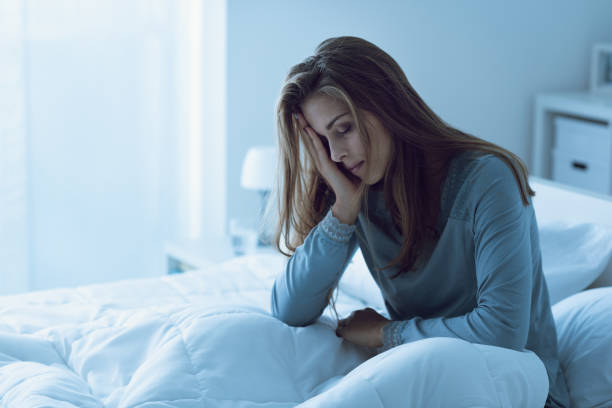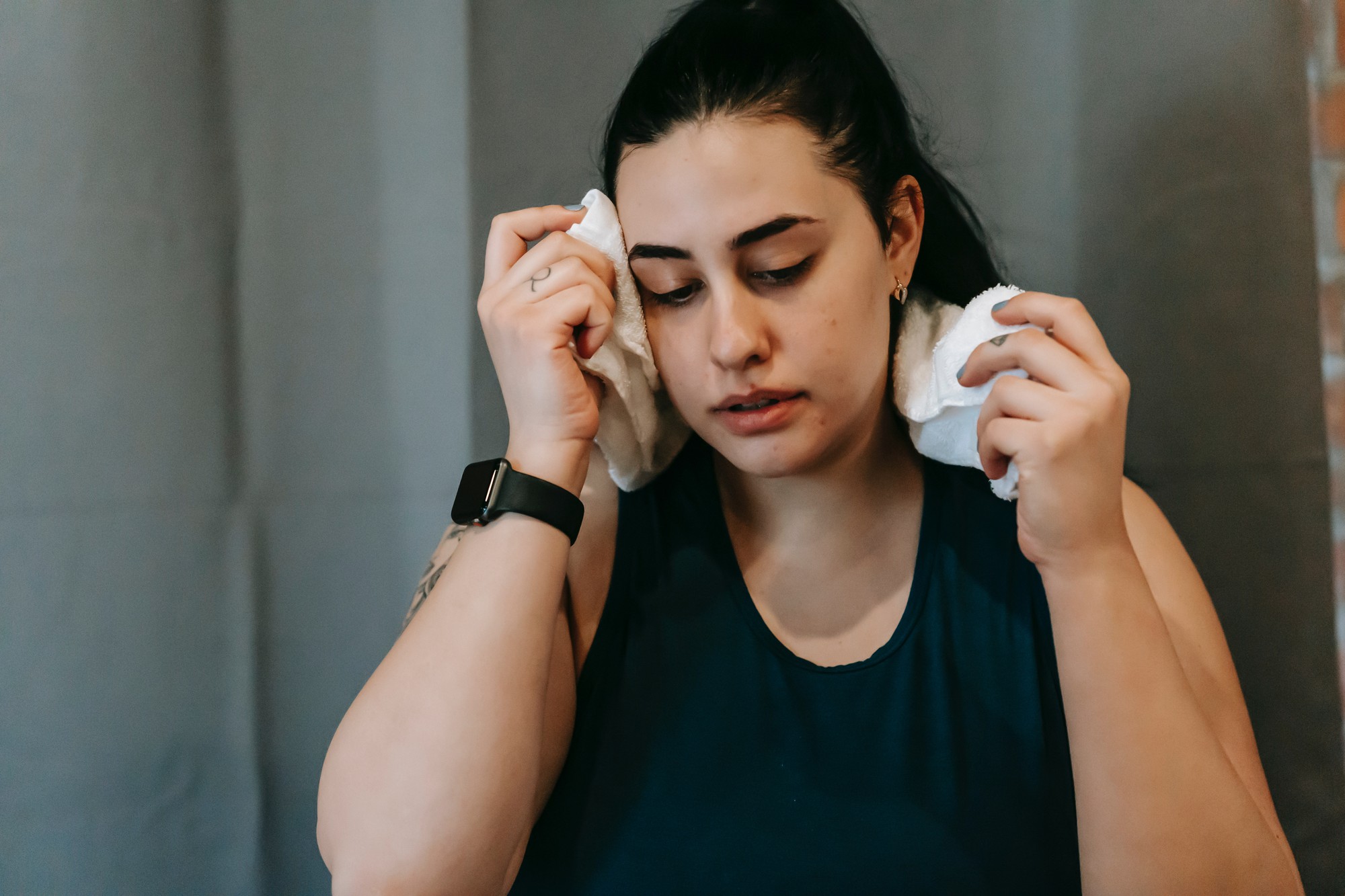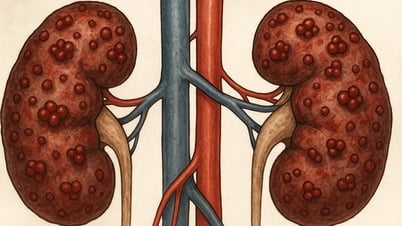Research by the Dunelm Sleep Service (UK) has revealed that millions of women wake up at 3.29am and struggle to get back to sleep, according to Wales Online.
It turns out it was for an unexpected reason!

Research shows millions of women wake up at the same time every night
It's menopause, and staggering statistics show that up to 75% of women suffer from menopausal insomnia, with the majority waking up around 3:29 a.m.
According to the UK National Health Service, the menopause usually begins between the ages of 45 and 55. This phase usually lasts about 7 years but can last up to 14 years.
The study found that of those who woke up at 3:29 a.m., 53% were tossing and turning trying to get back to sleep, 30% were reading and surfing social media, 20% were watching TV, and 17% were just staring at the clock, according to Wales Online.
Research also shows that more than 69% of women with insomnia during menopause experience negative effects on their mental health.
Menopausal women can have difficulty initiating sleep and staying asleep through the night, says Dr Clare Spencer, a member of the British Menopause Society's Medical Advisory Committee.
Tips to overcome insomnia due to menopause

One of the contributing factors to poor sleep is hot flashes, especially night sweats.
Among the factors that contribute to poor sleep are hot flashes, especially night sweats, and mood changes, especially depression. Managing these issues can also help you sleep better, according to the National Institute on Aging.
Studies show that disrupted sleep can affect mood, impair judgment and concentration. Lack of sleep can cause irritability or depression, forgetfulness, and can lead to more falls or accidents.
Here are some ways to improve middle-of-the-night waking:
- Follow a regular sleep schedule. Go to bed at the same time every day and wake up at the same time every day.
- Avoid taking late afternoon naps.
- Get into the habit of reading a book, listening to soothing music, or soaking in a warm bath before bed.
- Try not to watch TV, use a computer or mobile device in the bedroom.
- Keep your bedroom at a comfortable temperature, not too hot or too cold, and as quiet as possible.
- Exercise regularly every day but not close to bedtime.
- Avoid eating large meals close to bedtime.
- Avoid drinking tea or coffee late in the day.
Talk to your doctor if you're still having trouble sleeping, according to the National Institute on Aging.
Source link



































































































Comment (0)